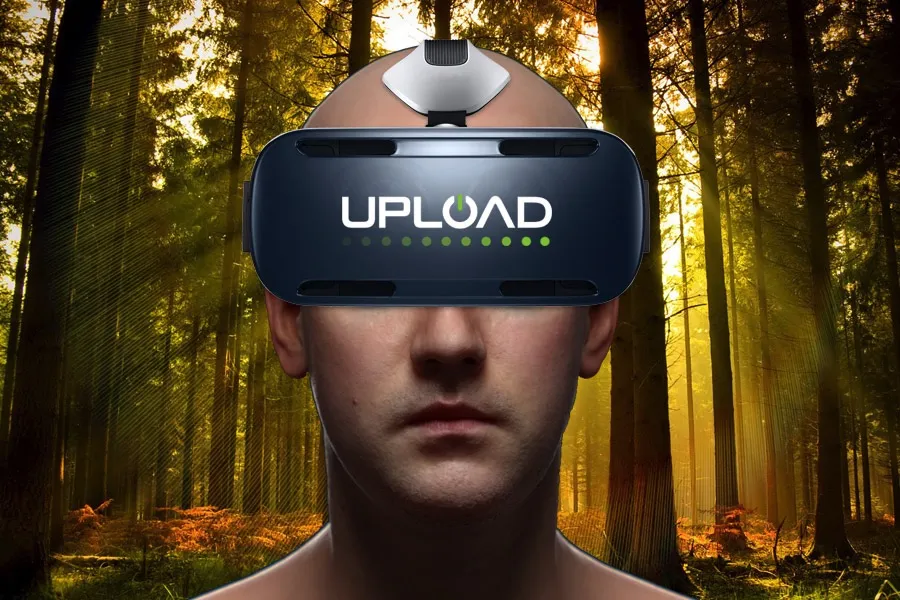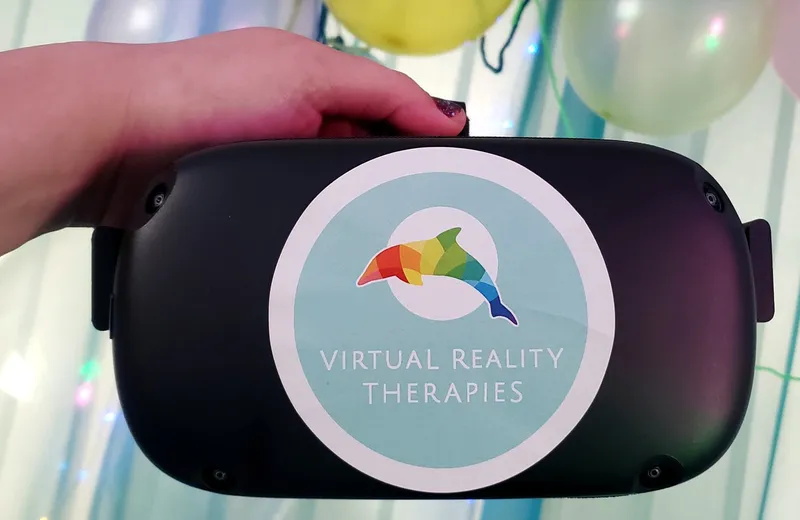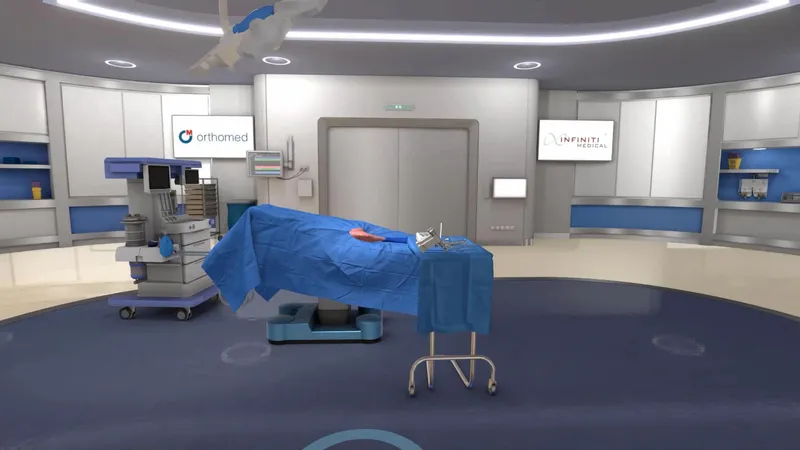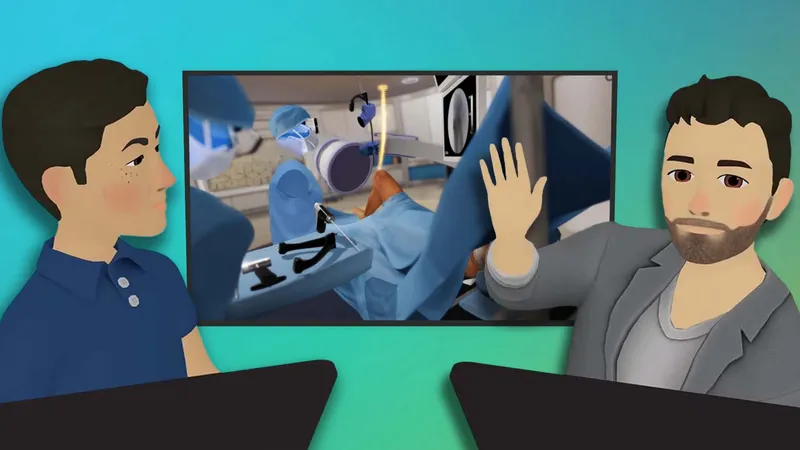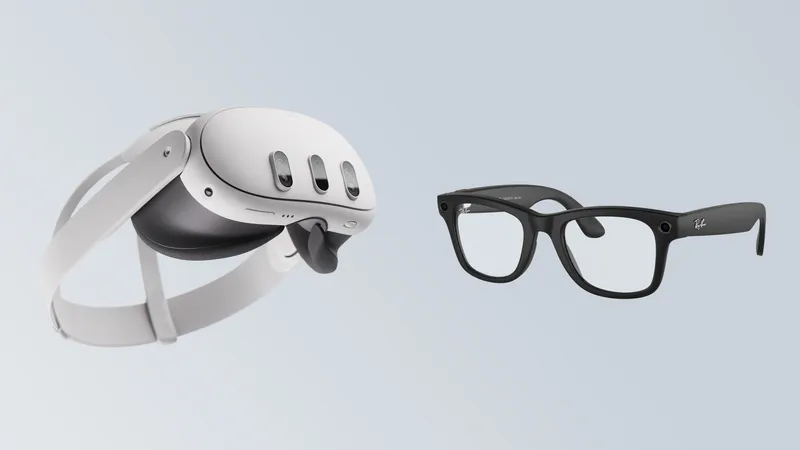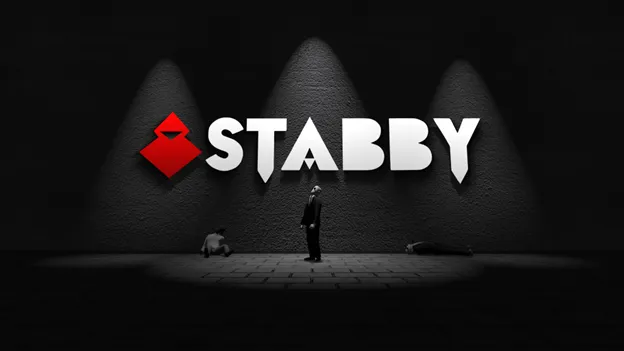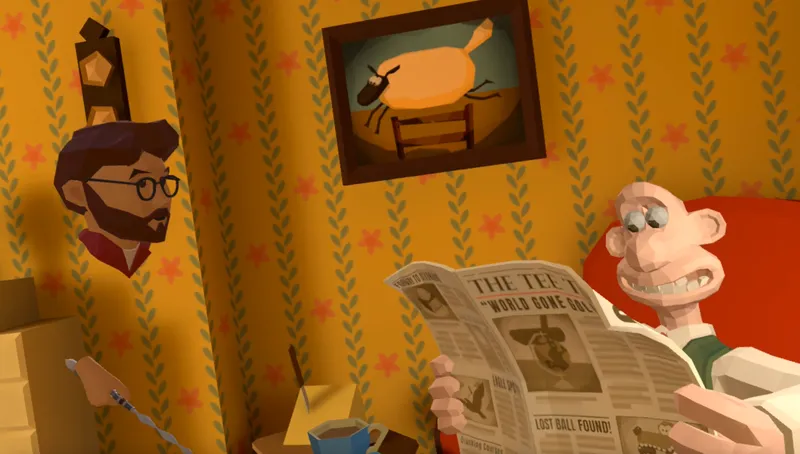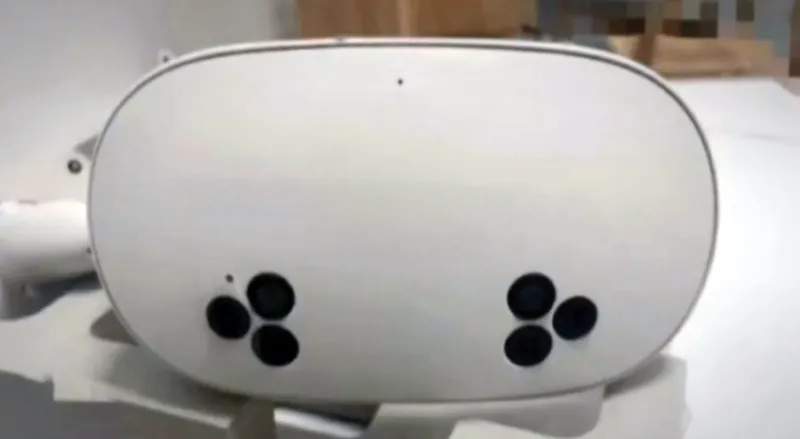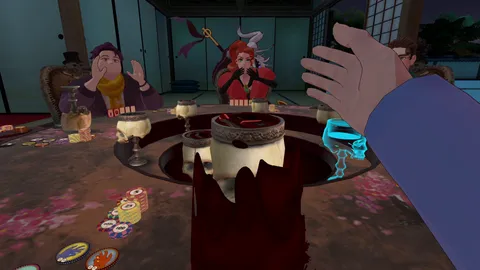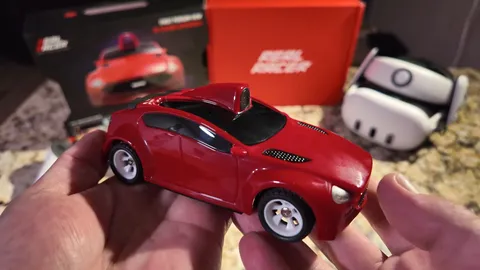Have you ever looked at a cause that you thought was worthy and decided not to contribute because your singular contribution, in your mind, wouldn’t matter? The reason, most likely, you make this decision is because you perceive the cause to be outside of your locus of control. Locus of control refers to the extent to which individuals believe they can control the events around them, and when people have a low perceived locus of control they are less likely to act. But, what if you could change someone’s perceived locus of control?
Dr. Jeremy Bailenson, founder of the Human Interaction Lab at Stanford, along with Dr’s. Sun Joo Ahn and Dooyeon Park, looked to answer that question in a recently published paper titled Short and long term effects of embodied experiences in immersive virtual environments on environmental locus of control and behavior. The experiments focused on the participant’s environmental locus of control, i.e. how their actions impacted the ecosystem. Half of the participants were placed in an “Immersive Virtual Experience” that simulated cutting down a tree with a chainsaw, complete with haptic feedback. Before cutting down the tree participants were asked to describe the forest around them, including the sounds of birds chirping and the surrounding trees. After the initial period of observation, participants cut down the tree using the virtual chainsaw, and when the tree crashed to the ground they were asked to describe the surrounding forest again. This time, however, the forest was programmed to be silent and still “to emphasize the damage inflicted upon the forest.” The other half of the control group read a detailed description and watched a video depicting the tree cutting process. After completing the experiments both groups then answered a long questionnaire that assessed their environmental behavior and attitudes and compared them against a questionnaire filled out before the test.
The results of the experiment showed that the participants who had gone through the IVE consumed 20% less napkins over the period of observation than those who only had gone through the video and print materials. This result suggests that the virtual environment has a stronger impact on adjusting one’s internal locus of control than passive forms of information like videos and print. Furthermore, when revisiting the participants a week later the positive increase in the internal environmental locus of control of those who had been in the video/print group declined, “whereas the effects of IVEs persisted relatively strongly,” thus suggesting that immersive virtual experiences have a much longer lasting impact than passive experiences like print and video.
So what are the wider implications of this study? Theoretically, this could mean that VR could be used to help us become more empathetic, and more conscientious individuals than we are today. In the current media ecosystem we are inundated with a lot of passive content, it’s easy to hardly care about what is going on in the middle east when you are watching it on the news from your couch; but when you place someone in a virtual environment, it helps get past the mental block of your locus of control, meaning that you are more likely to not only care and empathize, but take action. Seeing and experiencing the consequences of our actions in an immersive way could have sweeping implications on the way we interact as a society, and – if used responsibly – could really help instill a more global sense of community.

